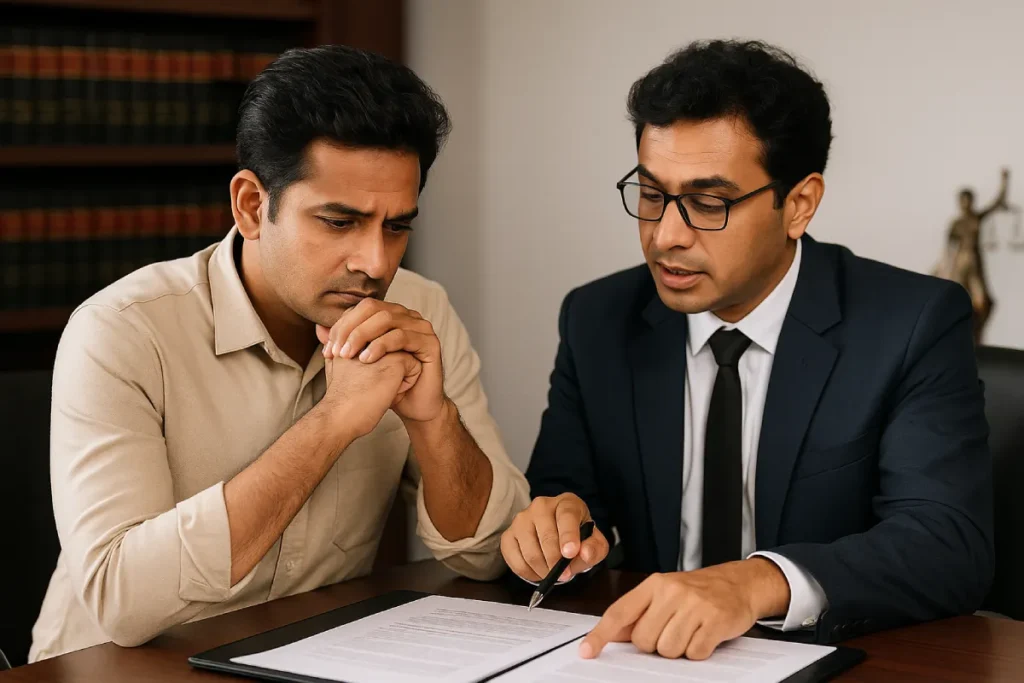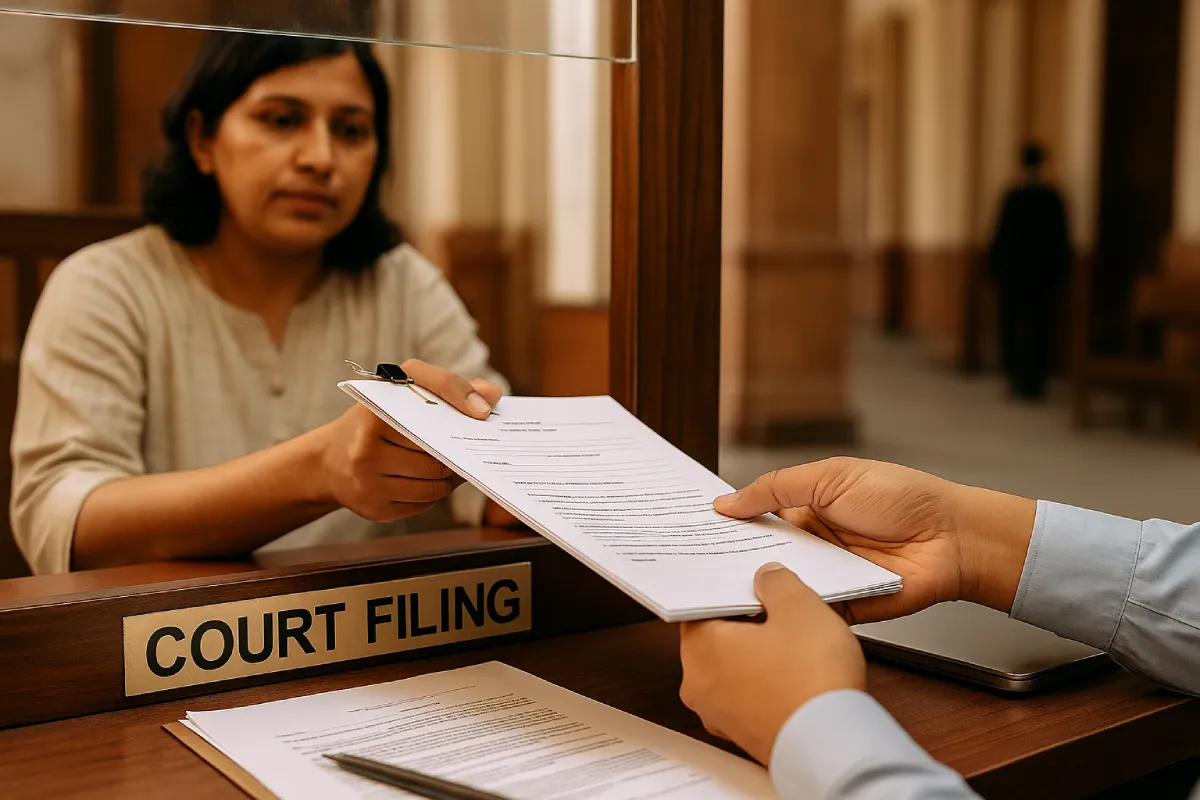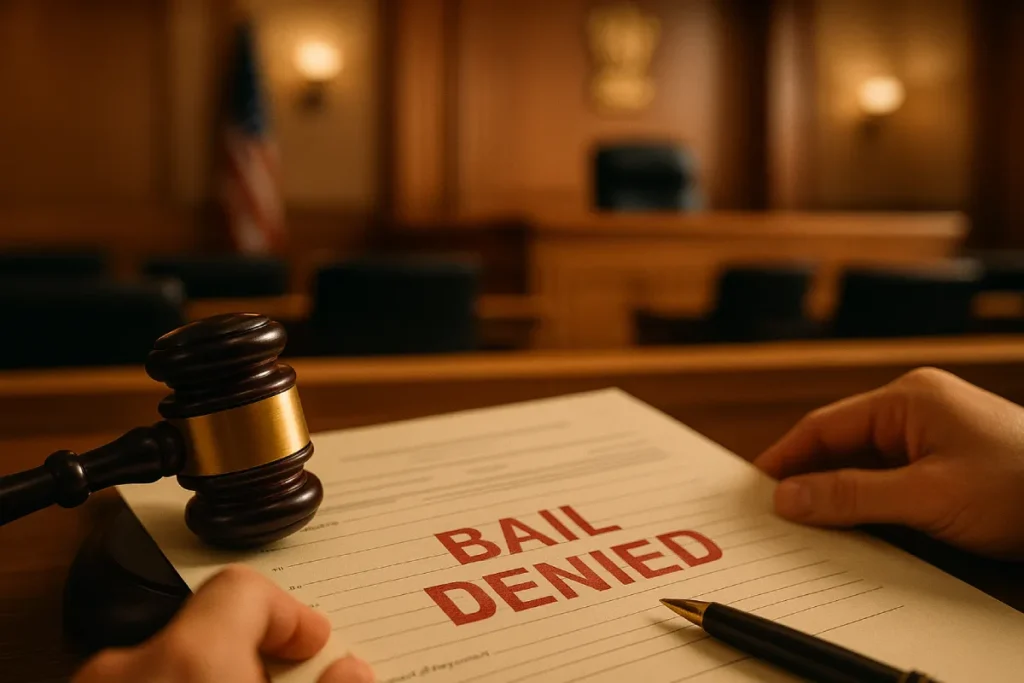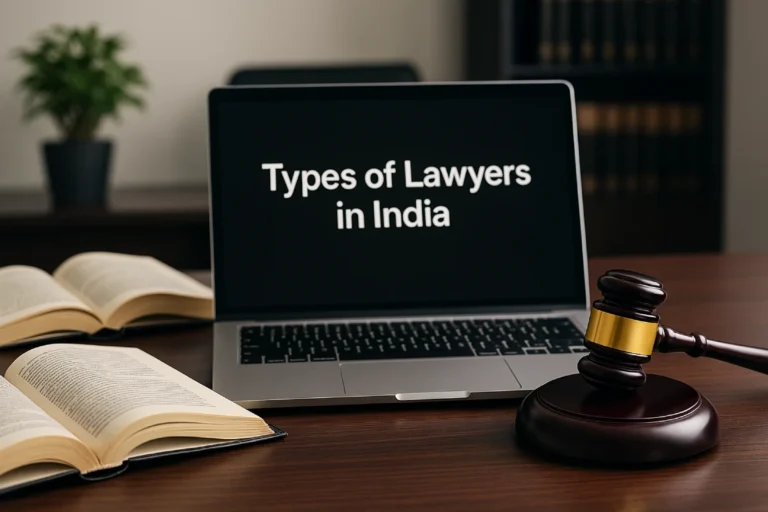How to Get Anticipatory Bail in India: Complete Legal Guide
Protect Your Freedom Before Arrest: Know Your Legal Rights
Facing the fear of arrest in a criminal case can be overwhelming. This becomes even more stressful when the allegations are false or exaggerated. In such situations, Indian law offers a critical safeguard, Anticipatory Bail. This legal remedy helps protect your liberty before any arrest takes place. If you’re wondering how to get anticipatory bail, this guide explains the complete process in simple terms.
What is Anticipatory Bail?
Anticipatory bail, as the name suggests, is a pre-arrest legal remedy that protects individuals from unnecessary detention. It is commonly sought when a person fears arrest for a non-bailable offence. Under the new legal framework introduced by the Bharatiya Nagarik Suraksha Sanhita (BNSS), anticipatory bail remains a vital protection. It safeguards individuals from unnecessary detention before arrest. This ensures that personal freedom is not compromised without sufficient cause.
Unlike regular bail, which is sought after arrest, anticipatory bail prevents arrest altogether. It reflects the fundamental legal principle “bail is the rule, jail is the exception.”
Meaning of Anticipatory Bail
The meaning of anticipatory bail lies in its preventive nature. Unlike regular bail, which is applied after arrest, anticipatory bail is sought before any arrest occurs. It ensures that the individual remains free, subject to legal conditions imposed by the court.
Anticipatory Bail Cost
The cost of applying for anticipatory bail varies depending on the jurisdiction. It also depends on the lawyer’s expertise and the complexity of the case. Generally, legal fees and court charges contribute to the overall cost. The court does not mandate a fixed fee for anticipatory bail applications. It is advisable to consult an experienced criminal lawyer to get an accurate cost estimate.
Anticipatory Bail Validity
Anticipatory bail validity depends on the specific conditions set by the court. As per the Supreme Court ruling in the Sushila Aggarwal case, anticipatory bail is not automatically time-bound. It becomes time-bound only if the court explicitly mentions it. In most cases, it remains valid until the conclusion of the trial unless cancelled by the court.
Legal Provision for Anticipatory Bail in India
The right to seek anticipatory bail is governed by Section 438 of the Code of Criminal Procedure, 1973 (CrPC).
According to Section 438(1), a person fearing arrest for a non-bailable offence can seek anticipatory bail. The application should be made to the High Court or the Sessions Court.
When Can You Apply for Anticipatory Bail?
You can apply for anticipatory bail if you have a reasonable and genuine apprehension of arrest.

Situations where anticipatory bail may be appropriate include:
- Being named in an FIR.
- Receiving threats of false implication.
- Anticipating arrest in family or property disputes.
Courts require that the fear of arrest is based on facts, not vague assumptions.
Key Conditions Imposed by the Court
Courts exercise caution while granting anticipatory bail and often impose certain conditions under Section 438(2) CrPC:
- Appear before the police for investigation when required.
- Do not influence or intimidate witnesses.
- Do not leave India without court permission.
- Do not engage in criminal activities while on bail.
The court may also impose additional conditions based on the case specifics.
Procedure on How to Get Anticipatory Bail in Bangalore, India.

Applying for anticipatory bail requires a strategic approach to ensure that your liberty is protected. Engaging the right legal expert is the first critical step. Timely submission of a well-prepared petition further strengthens your chances of securing relief before arrest.
Hire a Criminal Lawyer:

Engage an experienced criminal lawyer who has a deep understanding of anticipatory bail cases. The lawyer will assess your case and collect all necessary facts. They will then prepare a detailed bail petition explaining why an arrest is not required. The petition will also assure the court of your full cooperation with the investigation. An expertly drafted petition significantly improves the chances of securing anticipatory bail.
Prepare the Petition:

Include basic personal details, a brief case summary, and clear reasons for apprehension. Assure full cooperation with the investigation and a commitment to comply with legal procedures.
Filing the Application:

Submit the petition to the appropriate Sessions Court or High Court. The choice depends on the jurisdiction under which the case falls. Ensure that all required documents are properly attached. These include identity proof and copies of the FIR, if already filed. You should also attach any supporting materials that justify the apprehension of arrest. The petition should be filed without delay to prevent any procedural complications. Timely filing helps avoid the risk of an arrest warrant being issued.
Court Proceedings:

This stage involves the court reviewing your application, hearing arguments, and deciding on the grant of anticipatory bail.
• The court issues a notice to the Public Prosecutor.
• Both sides present their arguments.
• Interim anticipatory bail may be granted pending the final decision.
If the court is satisfied, anticipatory bail will be granted, protecting you from arrest during the investigation and trial.
Important Case Laws on Anticipatory Bail
Understanding landmark judgments helps clarify the scope of anticipatory bail.
- Gurbaksh Singh Sibbia v. State of Punjab (1980):
The Supreme Court held that anticipatory bail protects personal liberty and should not be limited by rigid conditions. - Sushila Aggarwal v. State (NCT of Delhi) (2020):
The Court ruled that anticipatory bail does not have to be time-bound by default. It becomes time-bound only if the court specifically mentions it.
When Can Anticipatory Bail Be Denied?
The court may refuse to grant anticipatory bail if the offence is severe. It can also be denied if the accused poses potential risks. These risks include tampering with evidence or attempting to flee from justice.

Anticipatory bail is discretionary and not a fundamental right.
Courts may reject the application if:
- The offence is serious (e.g., murder, rape, terrorism).
- The accused is a repeat offender.
- Custodial interrogation is required.
- There is a risk of tampering with evidence.
- The offence involves vulnerable victims like women or children.
Difference Between Anticipatory Bail and Regular Bail
This section explains when each type of bail is applicable. It helps you choose the right legal remedy based on your specific situation.
|
Aspect |
Anticipatory Bail |
Regular Bail |
|---|---|---|
|
Timing |
Before arrest |
After arrest |
|
Legal Provision | ||
|
Purpose |
Prevents arrest |
Seeks release from custody |
|
Court Involved |
Sessions Court / High Court |
Magistrate / Higher Court |
Can Anticipatory Bail Be Cancelled?
Yes, the court can revoke anticipatory bail if the conditions are violated.
Grounds for cancellation include:
- Threatening or influencing witnesses.
- Committing another offence while on bail.
- Attempting to flee from the investigation.
Either the police or the complainant can request cancellation by approaching the court.
Conclusion: Know Your Rights, Protect Your Freedom
Understanding how to get anticipatory bail is crucial when faced with the threat of arrest. While this legal remedy does not guarantee immunity from prosecution, it protects your personal liberty and prevents unjust harassment.
Always consult an experienced criminal lawyer in Bangalore for proper guidance. This ensures you navigate the process effectively and protect your legal rights.







